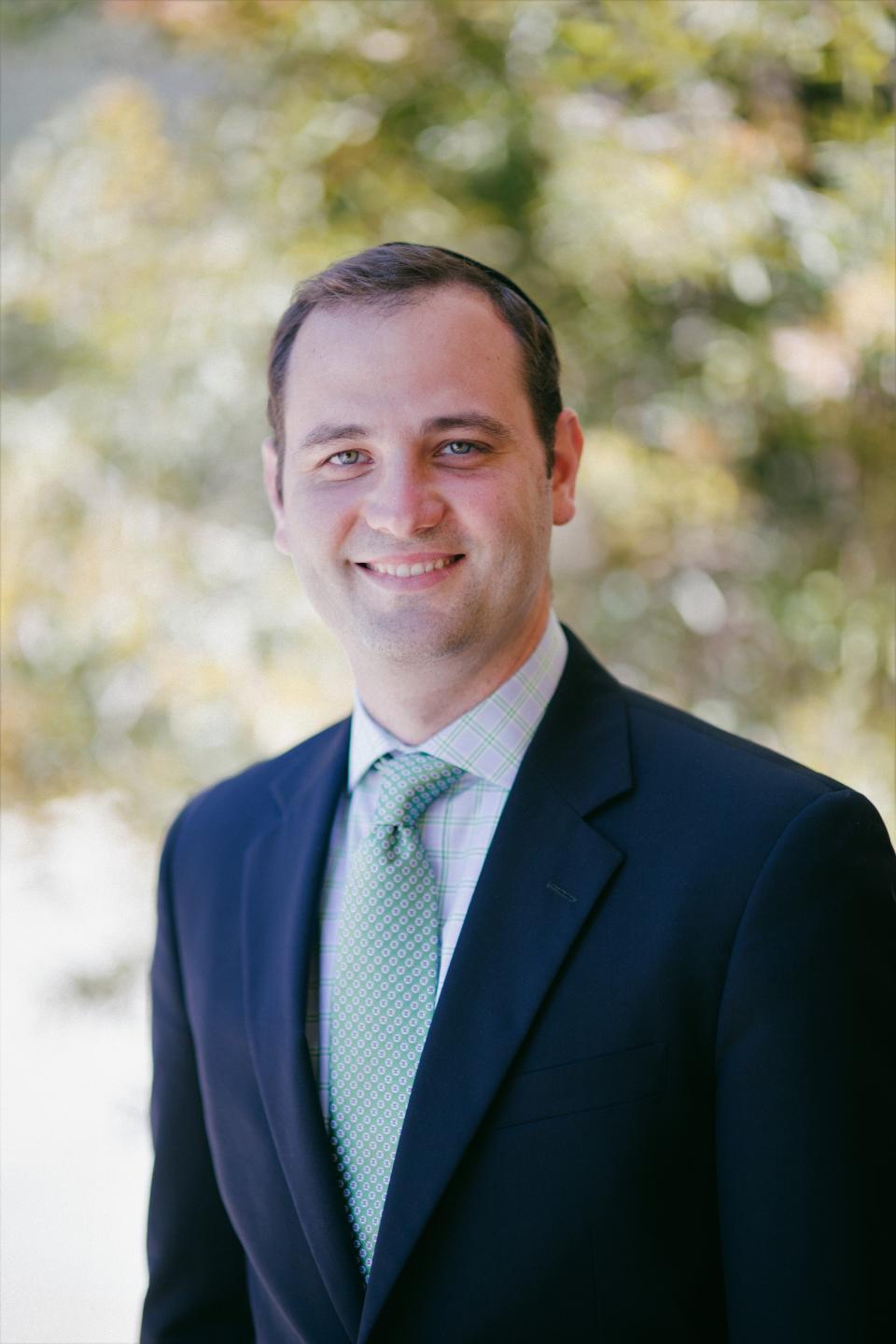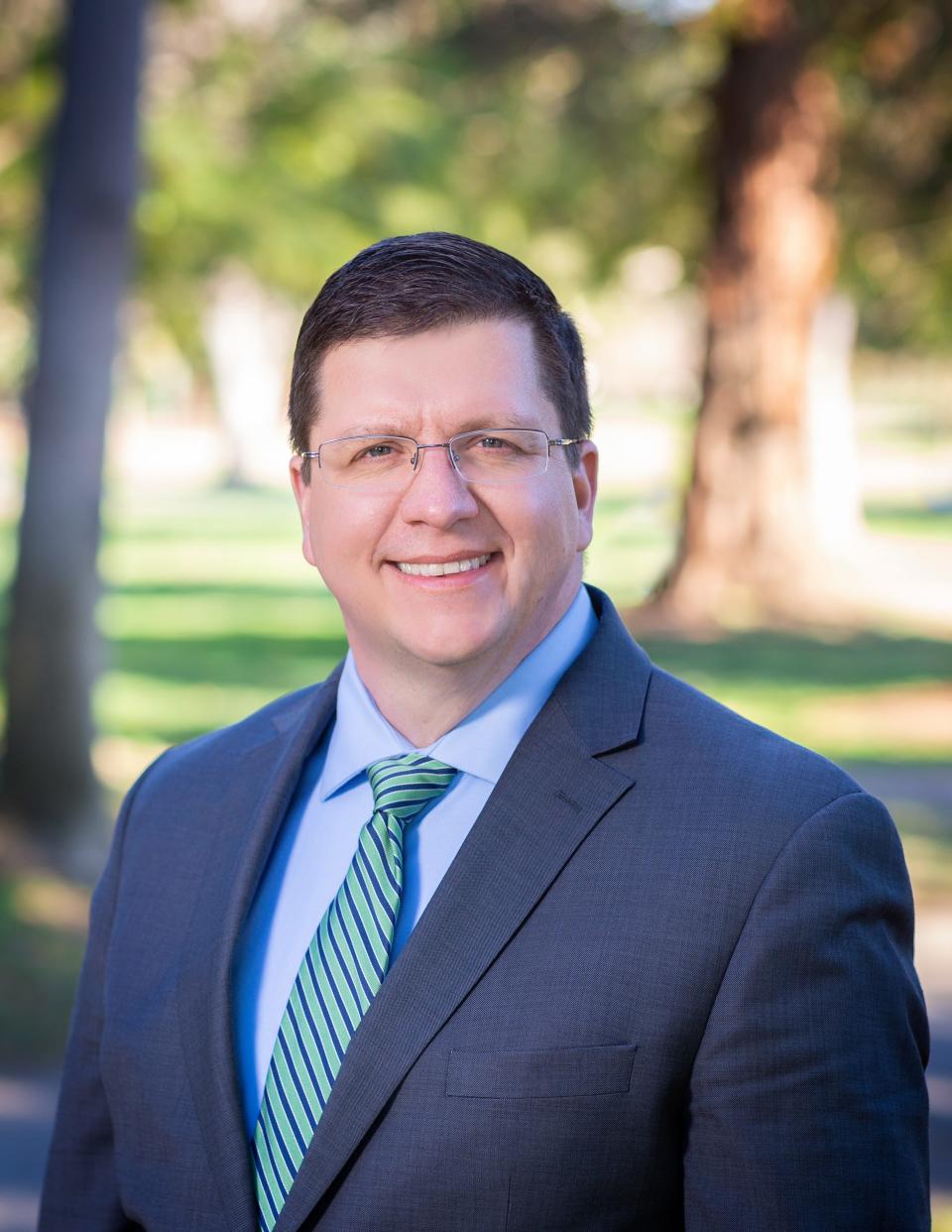California forces parents to choose between kids' needs and faith. Families shouldn't have to.
The Supreme Court has stated unambiguously that states may not exclude religion from otherwise available government funding programs. But what may be a constitutional truism at One First Street in Washington, D.C., remains an elusive aspiration in California. Even more troubling is that the victims of these constitutional failings are religious families with special needs children.
But religious families in California must still choose between providing their special needs children with a religious education, on the one hand, and providing them with the services they need, on the other. For that reason, we have filed suit against California on behalf of three Jewish families and two Jewish day schools.
The time has come both to correct California's constitutional failings and ensure that California provides the necessary resources and infrastructure for every child regardless of what they believe.
Opinions in your inbox: Get exclusive access to our columnists and the best of our columns
Excluding religious schools is discriminatory
The facts of the case are as straightforward as they are disturbing. The Individuals with Disabilities Education Act (IDEA) provides states with funding for special education and related services so long as they meet certain conditions. These conditions include an obligation to ensure that every child in the state receives a free appropriate education that meets their special needs.
For private schools interested in providing special needs children with the adequate education that public schools cannot in some instances provide, California certifies them as “nonpublic nonsectarian schools.” Such schools, when they admit a child referred to them by a school district, receive funds to offset the costs of tuition and other related educational services the child might need.
Here’s the catch: Even if a school satisfies all the secular requirements to become a nonpublic school – it has the capacity and expertise to provide the very care, education and services that the public schools cannot – it cannot qualify as a nonpublic school if it is “sectarian,” that is, if it is religious.
Can anything still unite us?: Americans increasingly don't value God, country or children
What we do: Here's what 'Abbott Elementary' and Quinta Brunson get wrong about charter schools
This has thrust religious parents on the horns of an unconstitutional dilemma: either send your child to a nonreligious, but certified, private school or send them to a religious school that may be able to do an even better job meeting the needs of your child, but pay for that education and those disability services out of pocket.
This discriminatory exclusion has imposed devastating costs on the Orthodox Jewish community in California. As a matter of faith, there might be no religious commitment more central to the Orthodox Jewish community than sending children to a school that provides a robust and immersive Jewish education.
Opinion alerts: Get columns from your favorite columnists + expert analysis on top issues, delivered straight to your device through the USA TODAY app. Don't have the app? Download it for free from your app store.
It is a commitment that flows from Deuteronomy’s command to “impress (the law) upon your children,” and finds elaboration and codification in everything from the Talmud to the Code of Jewish Law. Indeed, it would be hard to fully capture the pain experienced by Jewish parents who must forgo the opportunity to send their children to a Jewish day school and the religious life such an education provides.
And yet, notwithstanding the unbounded commitment of California Jewish communities to Jewish education, the central hubs of Jewish life in California lack the kind of robust special needs infrastructure one might expect.
IDEA funds should be open for all families
Of course, given California’s decision to exclude religious schools from serving as special needs schools, this absent infrastructure becomes readily understandable. When Jewish schools cannot receive the resources necessary to build special needs infrastructure – even when they have the willingness, capacity and expertise to do so – then it is no surprise that they cannot play a meaningful role in ensuring that every child receives the services they need. This means more kids with disabilities will not reach their full potential.
'Take your kids out of these schools': In this city, 93% of students are failing math
Kids are in a mental health crisis: We need real resources – not culture wars
The good news is that California’s choice to prohibit religious schools from becoming certified special needs schools is unequivocally unconstitutional. Just last June, in Carson v. Makin, the Supreme Court made clear that excluding religion from otherwise available government programs violated the First Amendment.
A state simply cannot say anyone can participate in our program – unless you are religious.
Such a discriminatory exclusion is, in the words of the Supreme Court, “odious to our constitution and could not stand.” Instead, government must neutrally apply a program’s criteria – in this case, can a school actually provide for special needs children – and make its determination on that basis.

The idea that a school has the expertise to provide such services, has the desire to provide such services and is still prevented from doing so, not because of its expertise and capacity but solely because of what it believes, is as horrifying as it is unconstitutional.
The time has come for California to fulfill the promise of the IDEA and its attendant obligation to make sure every child in California receives a free and appropriate education tailored to their special needs. It should enlist the eagerness of faith communities to bolster such programs instead of holding their faith against them.

Religious parents should no longer be forced – as so many Jewish families have been – to choose between their faith and their children’s needs. The California legislature can fix this problem with a pen. And if the legislature remains intransigent, then it is high time for the courts to step in to hold them constitutionally accountable.
Our children certainly deserve no less.
Michael A. Helfand is the Brenden Mann Foundation Chair in Law and Religion at Pepperdine Caruso School of Law and visiting professor at Yale Law School. Eric Rassbach, vice president and senior counsel at the Becket Fund for Religious Liberty, is a visiting professor and director of the Hugh and Hazel Darling Foundation Religious Liberty Clinic at Pepperdine Caruso School of Law.
You can read diverse opinions from our Board of Contributors and other writers on the Opinion front page, on Twitter @usatodayopinion and in our daily Opinion newsletter. To respond to a column, submit a comment to letters@usatoday.com.
This article originally appeared on USA TODAY: Right IDEA: California religious schools deserve disability funding

